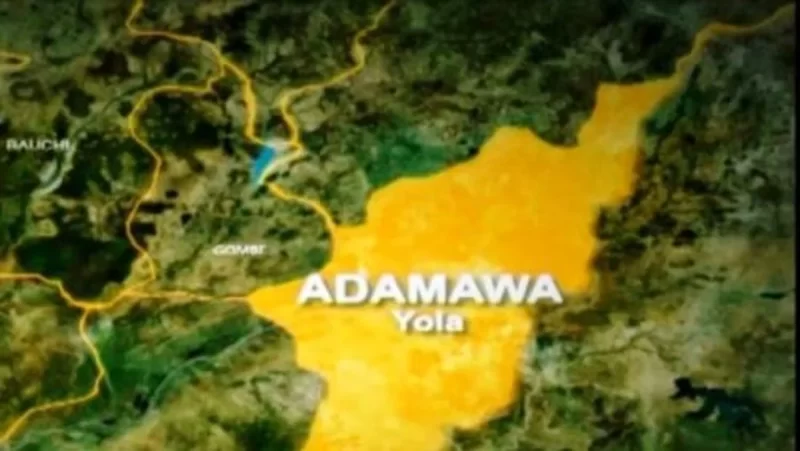Breaking News
FG Probes Deadly Flesh-Eating Disease in Adamawa as 7 Die, 67 Infected
The Federal Government is investigating a mysterious flesh-eating disease suspected to be Buruli Ulcer, which has killed 7 and infected 67 in Adamawa. Health officials say patients are receiving treatment as awareness and sanitation campaigns intensify.

Here’s a polished rephrasing of your news with headline, keeping facts and quotes intact:
FG Launches Probe into Flesh-Eating Disease Killing Adamawa Residents
The Federal Government has commenced laboratory investigations to uncover the cause of a mysterious flesh-eating disease that has claimed seven lives in Malabu, Adamawa State.
Dr. Adesigbin Olufemi, Acting National Coordinator of the National Tuberculosis, Buruli Ulcer and Leprosy Control Programme, revealed this in Abuja, noting that as of September 10, at least 67 cases had been confirmed.
“Eight patients are currently undergoing surgical treatment at the Modibbo Adama University Teaching Hospital (MAUTH), Yola, with government support,” Olufemi said, stressing the urgency of coordinated medical intervention.
According to him, the illness often begins as a boil, bursts open, and gradually eats away flesh, sometimes extending damage to the bones. While the exact cause remains unknown, Buruli Ulcer is suspected.
“This tropical disease is still under investigation for confirmation,” Olufemi explained, adding that Buruli Ulcer is caused by Mycobacterium ulcerans, a bacterium typically found in swampy and stagnant riverine environments. “Up till now, nobody is sure exactly how it is transmitted. Some theories suggest insects like water fleas or mosquitoes may inoculate individuals when they bite.”
Olufemi commended the Adamawa State Government for its swift response, supported by federal agencies and non-governmental partner REDAID, which deployed to the community on September 14. He noted that while patients with mild cases were receiving treatment at local health centres, severe cases requiring surgery had been referred to specialist hospitals.
He further highlighted the importance of sensitisation, as initial misconceptions linking the disease to witchcraft delayed many from seeking proper medical care.
“One of the things that is very important, and that’s what we are doing, is to continue to create awareness,” he said, urging residents to seek medical help promptly.
Olufemi pointed out that Malabu is a remote community, about two hours from Yola, with poor road infrastructure, which complicates swift medical response. He added that long-term health security would require improved sanitation and access to clean water.
“People will not need to go to those rivers to fetch water if they have pipe-borne or borehole water around them. That way, they are less exposed,” he explained.
He assured that the federal and state governments, alongside partners, remained committed to treating patients and preventing further spread.
The World Health Organisation (WHO) recognises Buruli Ulcer as one of the world’s most neglected tropical diseases, primarily affecting rural riverine communities with limited healthcare access.
Do you also want me to draft an SEO title and meta description for this version?








